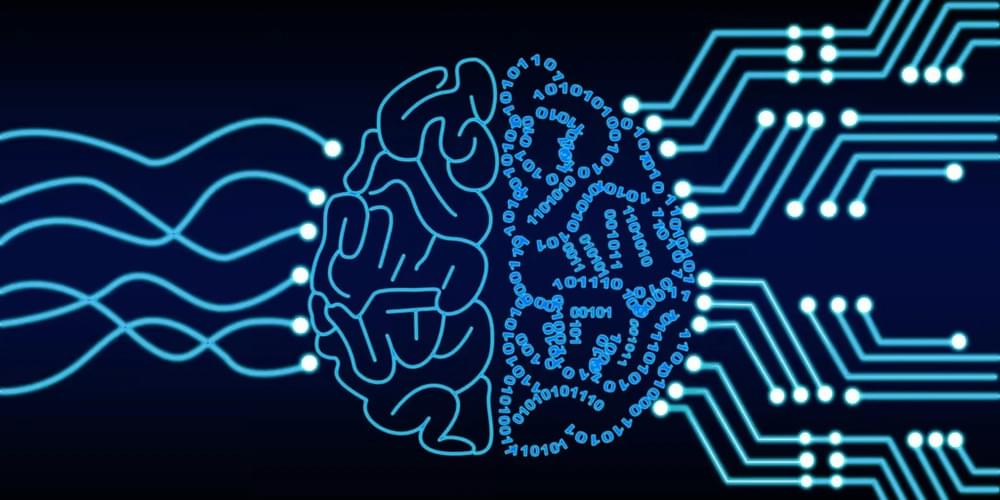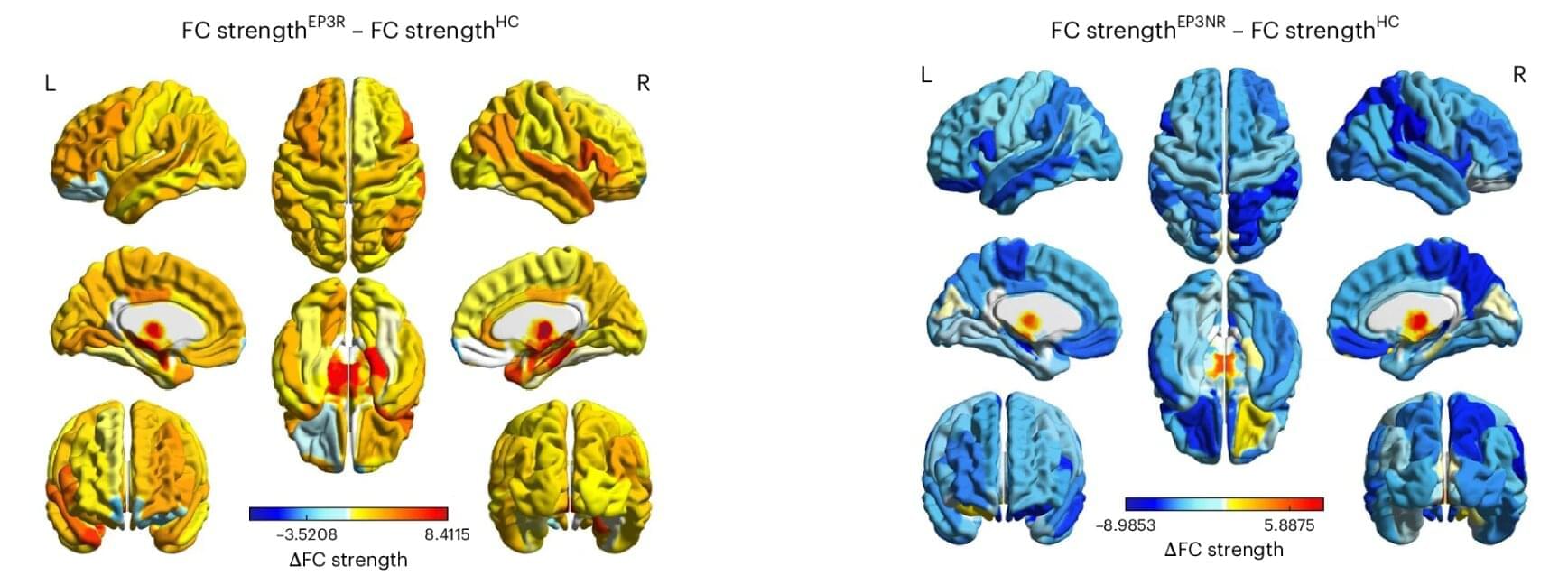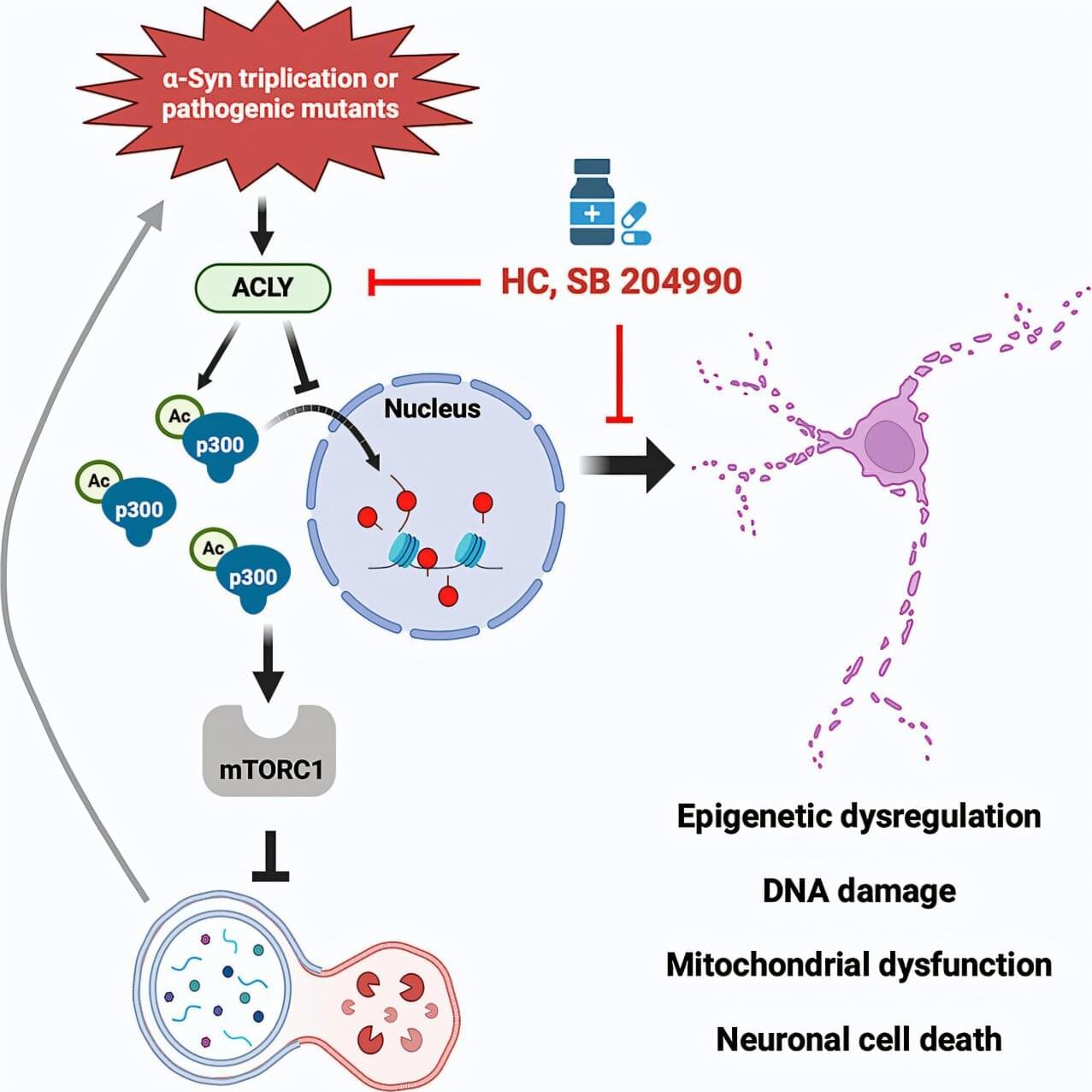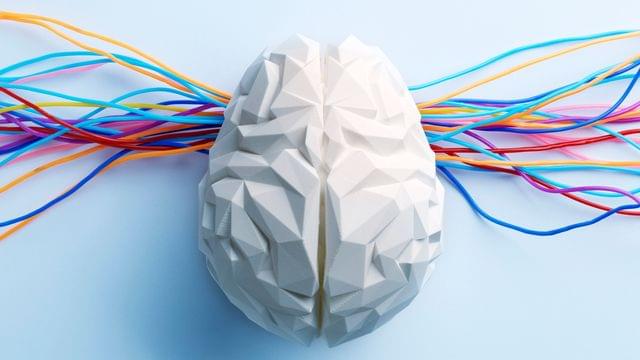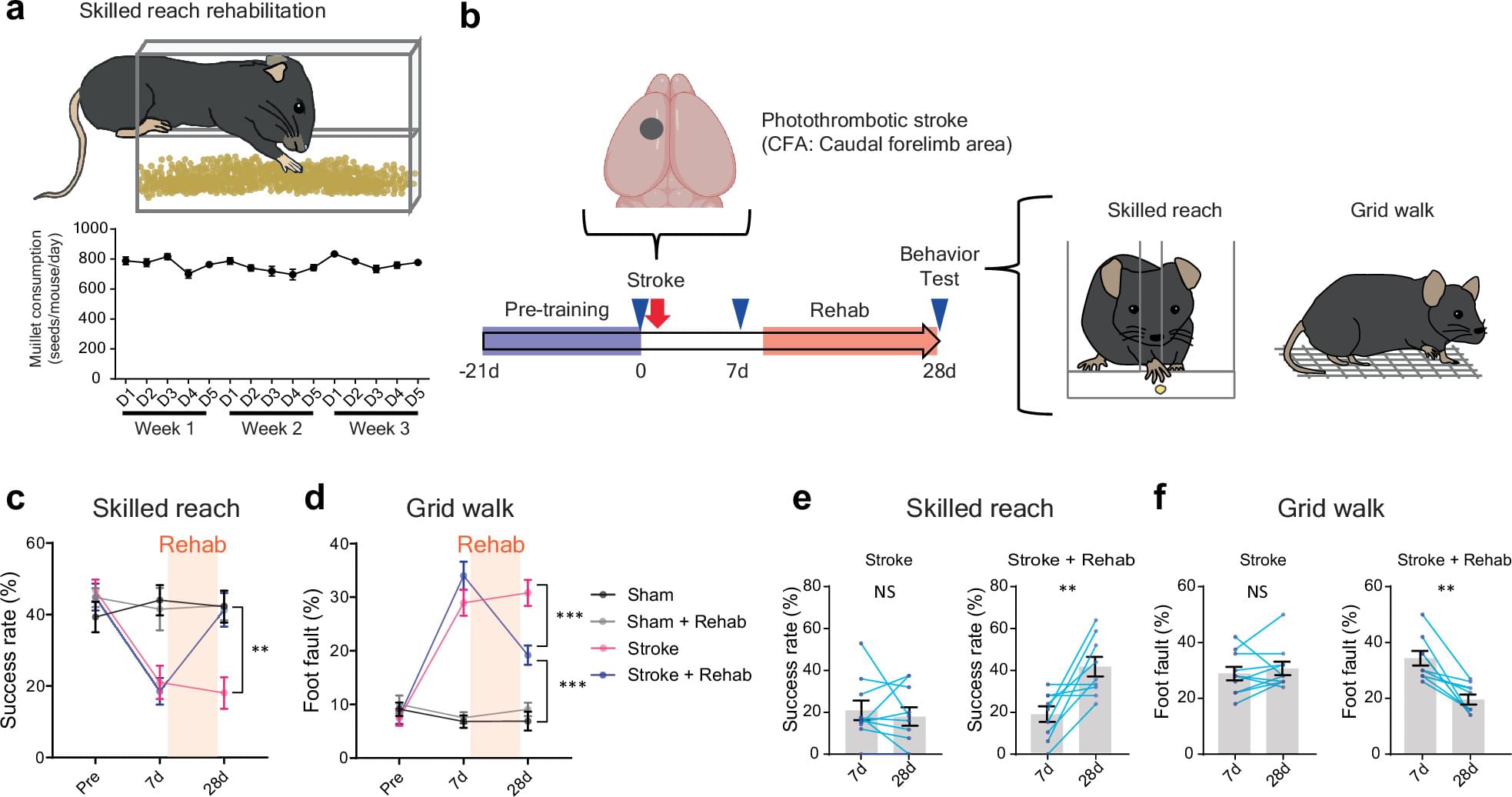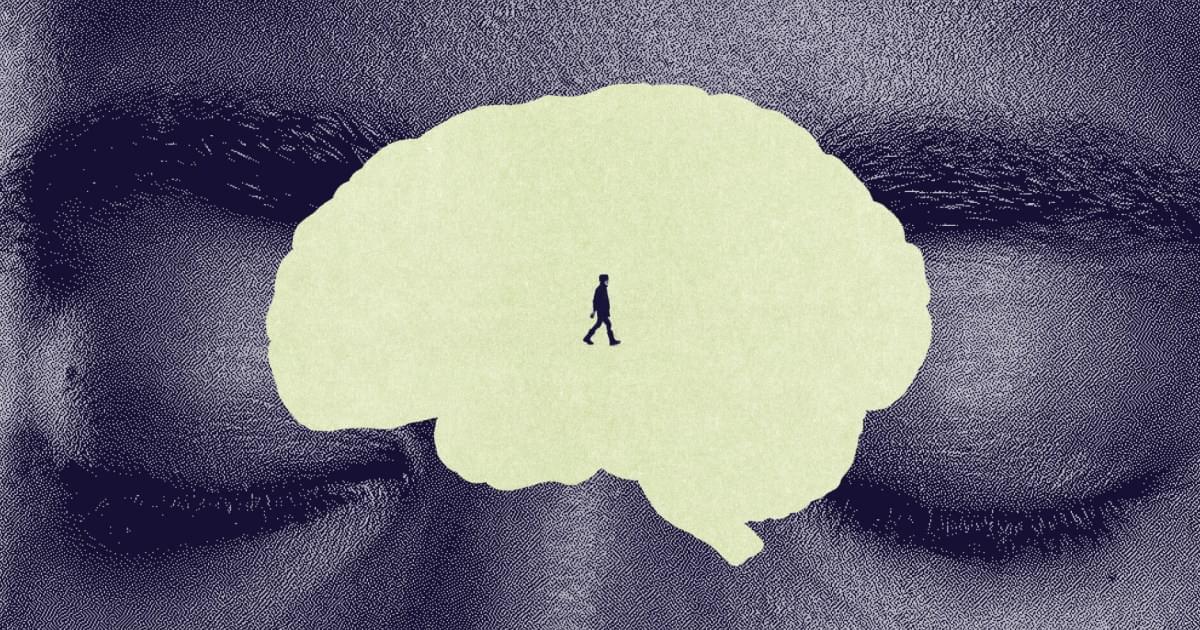Imagine if our computers could think more like us—learning from experience, adapting on the go, and doing all this while using just a fraction of the energy. That’s not science fiction anymore. Welcome to the world of Neuromorphic Computing 🧠—a field that’s redefining how machines process information by taking inspiration from the most powerful processor we know: the human brain.
Category: neuroscience
A study led by Pompeu Fabra University reveals which brain mechanisms allow psychosis to remit. The results of this pioneering research could have important clinical implications for exploring new intervention strategies in patients with psychosis. The study was carried out in collaboration with one of the main psychiatry groups at Lausanne University Hospital (Switzerland).
The study examines differences in the neural connectivity patterns of patients who have recovered from psychosis and subjects who have not. Identifying these differences using computational models has enabled determining which patterns of neural connectivity facilitate the remission of the disease.
The results of the research have recently been published in an article in the journal Nature Mental Health. Its principal author is Ludovica Mana, a doctor and neuroscientist of the Computational Neuroscience group at the UPF Center for Brain and Cognition (CBC). The main co-investigators are Gustavo Deco and Manel-Vila Vidal, director and researcher with the same research group, respectively.
Researchers have identified a key enzyme driving forms of Parkinson’s disease, and have shown how blocking it restores normal function in animal and cell models, offering a promising new drug target for the condition.
The work is published in the journal Neuron.
In Parkinson’s, a protein known as alpha-synuclein builds up in clumps called Lewy bodies in nerve cells in the brain. These clumps of protein stop these cells from functioning normally, eventually leading the cells to die.
In a world-first, scientists have figured out how to reprogram cells to fight — and potentially reverse — brain diseases like Alzheimer’s.
Researchers at the University of California, Irvine created lab-grown immune cells that can track down toxic brain buildup and clear it away, restoring memory and brain function in mice.
They did this by turning stem cells — which can become any cell in the body — into brain immune cells called microglia.
A new brain-inspired AI model called TopoLM learns language by organizing neurons into clusters, just like the human brain. Developed by researchers at EPFL, this topographic language model shows clear patterns for verbs, nouns, and syntax using a simple spatial rule that mimics real cortical maps. TopoLM not only matches real brain scans but also opens new possibilities in AI interpretability, neuromorphic hardware, and language processing.
Join our free AI content course here 👉 https://www.skool.com/ai-content-acce… the best AI news without the noise 👉 https://airevolutionx.beehiiv.com/ 🔍 What’s Inside: • A brain-inspired AI model called TopoLM that learns language by building its own cortical map • Neurons are arranged on a 2D grid where nearby units behave alike, mimicking how the human brain clusters meaning • A simple spatial smoothness rule lets TopoLM self-organize concepts like verbs and nouns into distinct brain-like regions 🎥 What You’ll See: • How TopoLM mirrors patterns seen in fMRI brain scans during language tasks • A comparison with regular transformers, showing how TopoLM brings structure and interpretability to AI • Real test results proving that TopoLM reacts to syntax, meaning, and sentence structure just like a biological brain 📊 Why It Matters: This new system bridges neuroscience and machine learning, offering a powerful step toward *AI that thinks like us. It unlocks better interpretability, opens paths for **neuromorphic hardware*, and reveals how one simple principle might explain how the brain learns across all domains. DISCLAIMER: This video covers topographic neural modeling, biologically-aligned AI systems, and the future of brain-inspired computing—highlighting how spatial structure could reshape how machines learn language and meaning. #AI #neuroscience #brainAI
Get the best AI news without the noise 👉 https://airevolutionx.beehiiv.com/
🔍 What’s Inside:
• A brain-inspired AI model called TopoLM that learns language by building its own cortical map.
• Neurons are arranged on a 2D grid where nearby units behave alike, mimicking how the human brain clusters meaning.
• A simple spatial smoothness rule lets TopoLM self-organize concepts like verbs and nouns into distinct brain-like regions.
🎥 What You’ll See:
• How TopoLM mirrors patterns seen in fMRI brain scans during language tasks.
• A comparison with regular transformers, showing how TopoLM brings structure and interpretability to AI
• Real test results proving that TopoLM reacts to syntax, meaning, and sentence structure just like a biological brain.
📊 Why It Matters:
Paper link : https://journals.aps.org/prl/abstract/10.1103/PhysRevLett.134.
Chapters:
00:00 Introduction.
00:49 Breaking the Classical Wall – What the Game Revealed.
02:32 Entanglement at Scale – Knots, Topology, and Robust Design.
03:51 Implications – A New Era of Quantum Machines.
07:37 Outro.
07:47 Enjoy.
MUSIC TITLE : Starlight Harmonies.
MUSIC LINK : https://pixabay.com/music/pulses-starlight-harmonies-185900/
Visit our website for up-to-the-minute updates:
www.nasaspacenews.com.
Follow us.
A new study offers insight into what is happening in our brains when our working memory must use its limited resources to remember multiple things.
Researchers found that two parts of the brain work together to ensure that more brain resources are given to remember a priority item when a person is juggling more than one item in memory.
The study involved people remembering spatial locations. Imagine seeing two books on different shelves of a cluttered bookcase that was not arranged in any order. How could you remember where they were if you came back a few seconds later?
In a small study, researchers transplanted stem cells into the brains of 12 Parkinson’s patients, stopping progression and bringing about improvement in motor function.
Parvalbumin interneurons regulate rehabilitation-induced functional recovery after stroke and identify a rehabilitation drug
Posted in biotech/medical, neuroscience | Leave a Comment on Parvalbumin interneurons regulate rehabilitation-induced functional recovery after stroke and identify a rehabilitation drug
UCLA researchers have made a significant breakthrough in stroke rehabilitation by developing a drug, DDL-920, that replicates the effects of physical therapy in mice. This discovery could pave the way for new treatments that enhance recovery for stroke patients.
Key Findings:
- Understanding Stroke-Induced Brain Disconnection: The study revealed that strokes can disrupt brain connections far from the initial damage site, particularly affecting parvalbumin neurons. These neurons are crucial for generating gamma oscillations—brain rhythms essential for coordinated movements.
- Role of Physical Rehabilitation: Physical therapy was found to restore gamma oscillations and repair connections in parvalbumin neurons, leading to improved motor functions in both mice and human subjects.
Thousands of Americans are trapped in disorders of consciousness. Neuroscientist Daniel Toker is searching for a way out.
